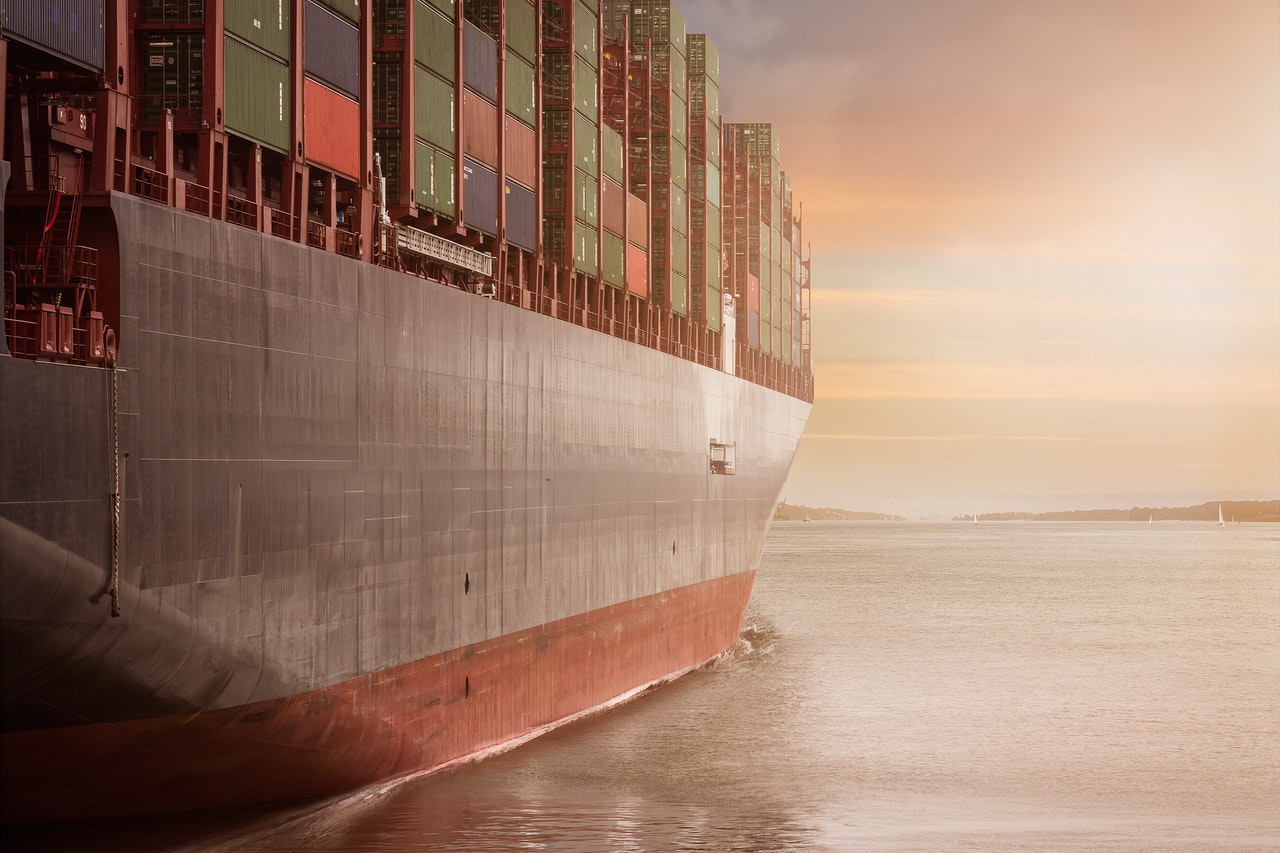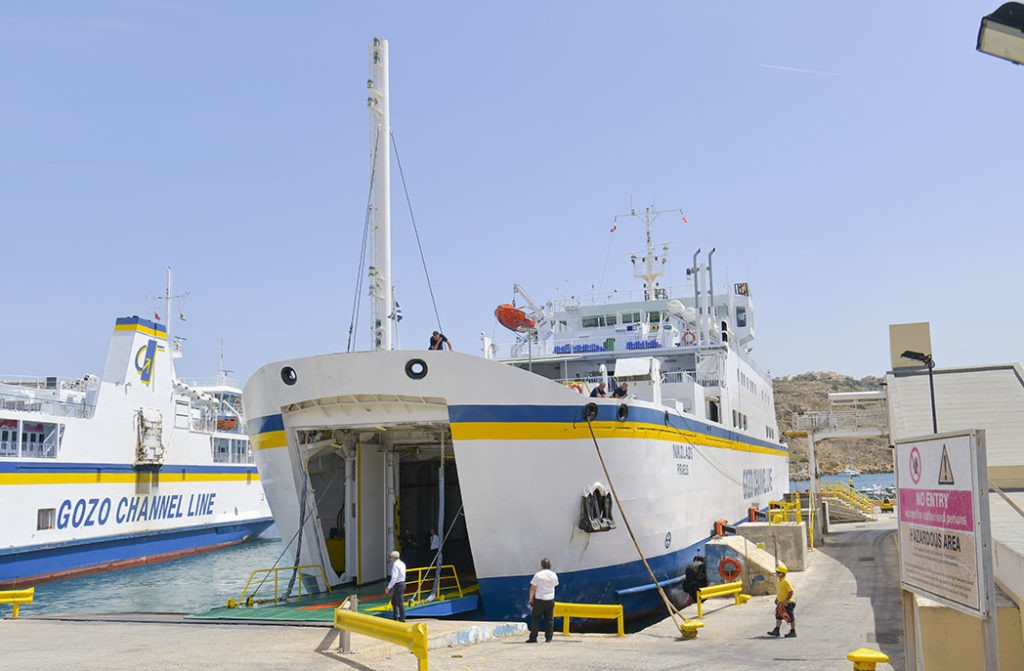The company that operates the freeport has said that a recent increase in the prices it charges for the handling of domestic cargo is a “contractual commitment”, as a business representative explains that the transportation challenges being faced show no sign of ending.
When Malta Freeport Terminals Limited (MFTL) raised its prices for containers entering or exiting the country last week, it contributed to the growing price pressures on transportation costs that have seen prices rise across the board.
Alex Montebello, CEO of MFTL, says that the increase of 3.4% in charges for local imports/exports is calculated on the official inflation rates (RPI) as published by the National Statistics Office, calculated over a 3 year period (since the last increase) as per contractual commitments.
“The increase is not discretionary,” he says, but linked directly with the inflation rates as published by the NSO.
For businesses, the increase is a small part of the full transportation costs they are facing.
“The recent Freeport increase has to be seen in the context of ever-increasing international transportation and logistics costs across the board for all business operators in Malta,” says Brian Muscat, CEO of Multi Packaging and chair of the Economic and Manufacturing Committee within The Malta Chamber.
“In the grand scheme of things it is only a very small part of the full transportation costs being absorbed by operators,” he says, and points out that there are several factors that “are leading to a constant erosion of our competitiveness”.
These factors include, he says, rising labour and wage costs due to employee shortages, the increase in price of raw materials due to lower production and increased demand from emerging markets, and the continued increase in operation costs due to the COVID-19 pandemic.
The aforementioned factors, he continues, are coupled with a decrease in consumption due to fewer tourist arrivals and the many expats he says are leaving the island.
“All these factors are heavily impacting the final price of production and sale of goods.”
Indeed, on Thursday, the Times of Malta reported on a survey commissioned by The Malta Chamber, which found that rising costs will lead 42 per cent of businesses to increase their prices in the next 12 months.
On Friday, National Statistics Office data showed that the annual rate of inflation, as measured by the harmonised index of consumer prices (HICP) for September stood at 0.7 per cent, up from 0.4 per cent in August.
Important as all these factors are, Mr Muscat believes the endemic factors that make Maltese businesses less competitive than mainland Europe competitors are more important still.
“Extra costs are undeniably incurred by Maltese traders as part of their transport and logistics operations to access overseas markets. The international supply chain shocks brought on by the COVID-19 crisis increased such pressures, reflected into added costs due to logistics disruption, lost revenues, higher prices of sourced goods, unavailable materials that are suddenly in short supply and the time and effort that would be required to secure them.
He points out that Malta’s diseconomies of scale are “inevitably” resulting in higher prices per unit, while Brexit had a big impact on several imports due to our historical reliance on the UK market.
Mr Muscat says that The Malta Chamber has been calling on the relevant authorities to advocate and make a strong case with the EU institutions to allow the state to support financially operators based in Malta, due to the permanent disadvantages linked to operating from an island state.
“EU state aid regulations do not allow nation states to give state aid in the case of transportation costs, but do allow other peripheral regions forming part of a state to offer assistance. This puts Malta at a disadvantage.”
An ‘EU Strategic Framework for Island States’, which The Malta Chamber has been working on for almost a decade, he says, “shows that our peripherality and being removed from mainland Europe, as a micro island state, is leading to extra costs and loss of competitiveness”.
And this is especially so, he concludes, in terms of transportation costs, due to the limited transportation options presented to Maltese importers and exporters.
Passenger traffic between Malta and Gozo grew by nearly 8% in Q2 2025
Vehicle crossings and fast ferry usage also surged
New Malta-backed incubator to fuel Europe’s semiconductor startups
The ChipStart EU program provides a one-year, no-cost incubation opportunity for semiconductor startups in the European Economic Area
Government renews scholarship scheme for tech postgrads
In 2024 the Pathfinder Digital Scholarship issued €125,000 in funding, supporting 13 Master’s and 3 PhD students






